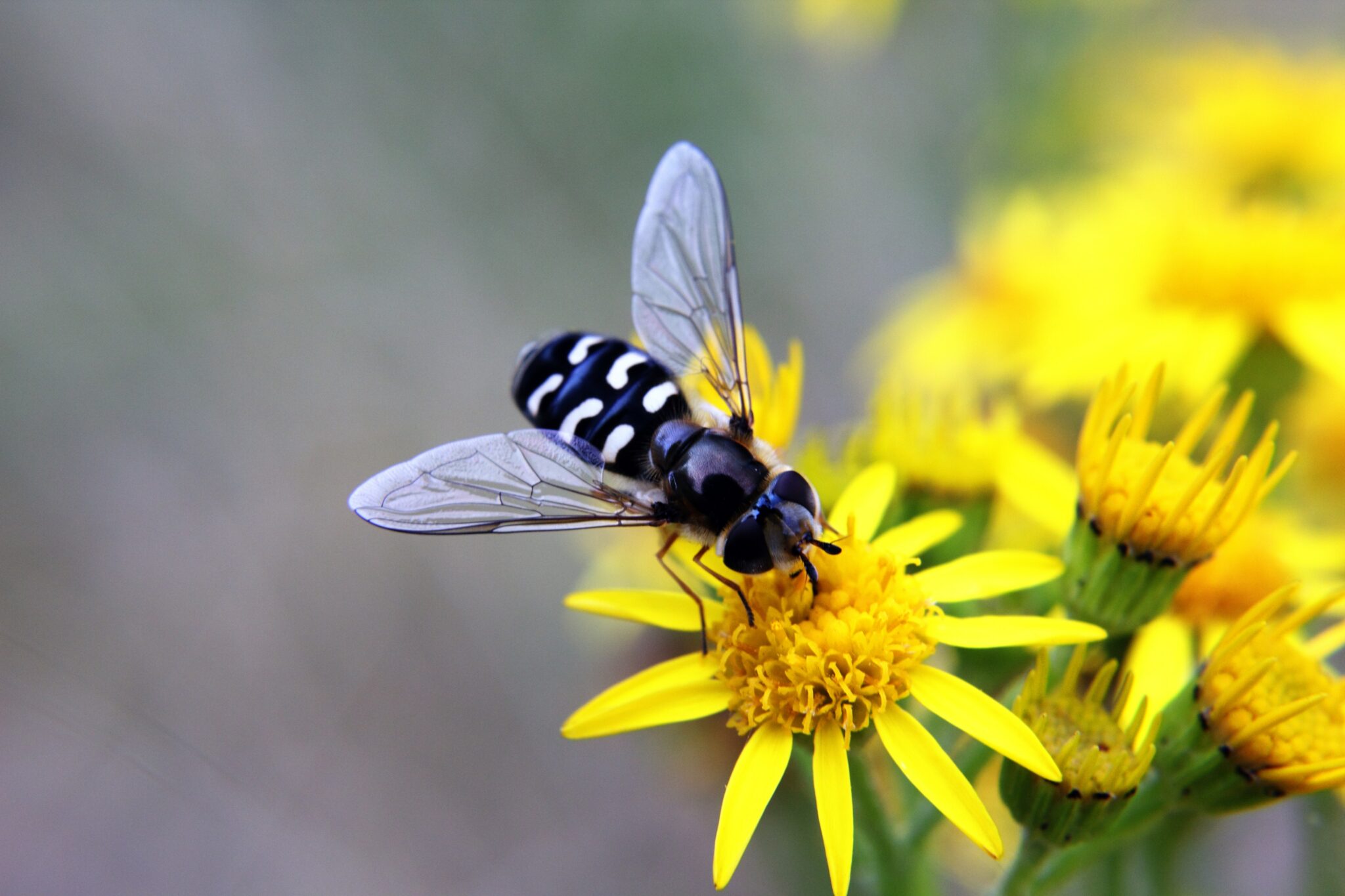BES Solution Fund: Promoting Innovative Solutions for Pollinators
Around the world, nature’s rapid decline needs to be met with urgent and coordinated action across all levels. Yet, while evidence has significantly grown in the past decades on the importance of protecting biodiversity and ecosystem services including those by pollinators, policy measures and on-the-ground actions by practitioners are often missing from the equation. The Biodiversity and Ecosystem Services Network (BES-Net) aims to redress this through the BES Solution Fund.
Catalytic fund to boost emerging good practices
The BES Solution Fund is a catalytic seed fund provided to selected countries to implement tangible and scalable biodiversity solutions. These country-level solutions are implemented in an evidence-based manner, building on the key messages of the thematic assessments of the Intergovernmental Science-Policy Platform on Biodiversity and Ecosystem Services (IPBES) and/or the country’s national ecosystem assessment. With the support of the International Climate Initiative (IKI) of the German Federal Ministry for the Environment, Nature Conservation and Nuclear Safety (BMU), the Fund will run up to 2028 and a total of 18 countries will benefit from the initiative, receiving about US$ 350,000 each.
Kazakhstan, Kenya, Nigeria and Trinidad and Tobago are among the Fund’s first recipients. After participating in the BES-Net Regional Trialogues over the course of 2018 and 2019, these countries have formed policy-science-practice networks and initiated some voluntary and innovative actions proactively to promote the uptake of the IPBES thematic assessment on pollinators, pollination and food production. The BES Solution Fund is expected to support the countries in accelerating and upscaling their ongoing efforts to conserve pollinators, rehabilitate degraded land and strengthen the platforms among the BES-focused policymakers, scientists and practitioners.

Pro-pollinator actions pave the way for protecting nature
In Kazakhstan, the fund will be utilized to carry out a study on the risks for pollinators as a basis on which to improve the country’s regulatory framework on pollination. The country is also working to set up a laboratory for insect and pollinator multiplication and develop open educational resources to promote public learning on pollinators.
In Kenya, the empowered participants of the Anglophone Africa Regional Trialogue have been leading the organization of a series of policy-science-practice dialogue events at the national level to engage wider stakeholders in the action planning and improve the awareness of pollinators and associated issues within the country.
In Nigeria, the proposed activities include the formation of the national pollinator strategy, the establishment of DNA barcoding and QR coding systems to catalogue various pollinator species, and the development of a web-based illustrated identification guide and a pollinator information management system. A series of local training events are also planned on sustainable bee-keeping techniques as well as on citizen science methods for monitoring the species distributions and the impact of pesticides.
In Trinidad and Tobago, the focus is on the drafting of pollinator conservation legislation, the development of pollinator data collection protocols and the expansion of a national database on pollinators, including local knowledge on pollinators and pollination services, and the organization of workshops for the conservation of the native Meliponini stingless bees and Lepidoptera species such as butterflies and moths. The project will also help to pilot sustainable butterfly gardens and local honey management through demonstration sites.
Speaking about the positive impact of the Network and the BES Solution Fund, the Honourable Minister of State for the Environment of Nigeria, H.E. Sharon Ikeazor said, “BES-Net’s support is instrumental in building the capacity of stakeholders on pollinators in Nigeria. It contributes to conserving pollinator species in the country.”
Building on this momentum, in 2022, BES-Net envisions a series of knowledge exchange and capacity development workshops to promote peer-to-peer learning and exchange of knowledge and experiences among the BES Solution Fund recipient countries.
